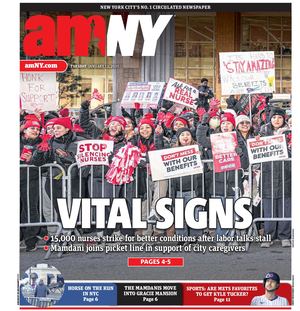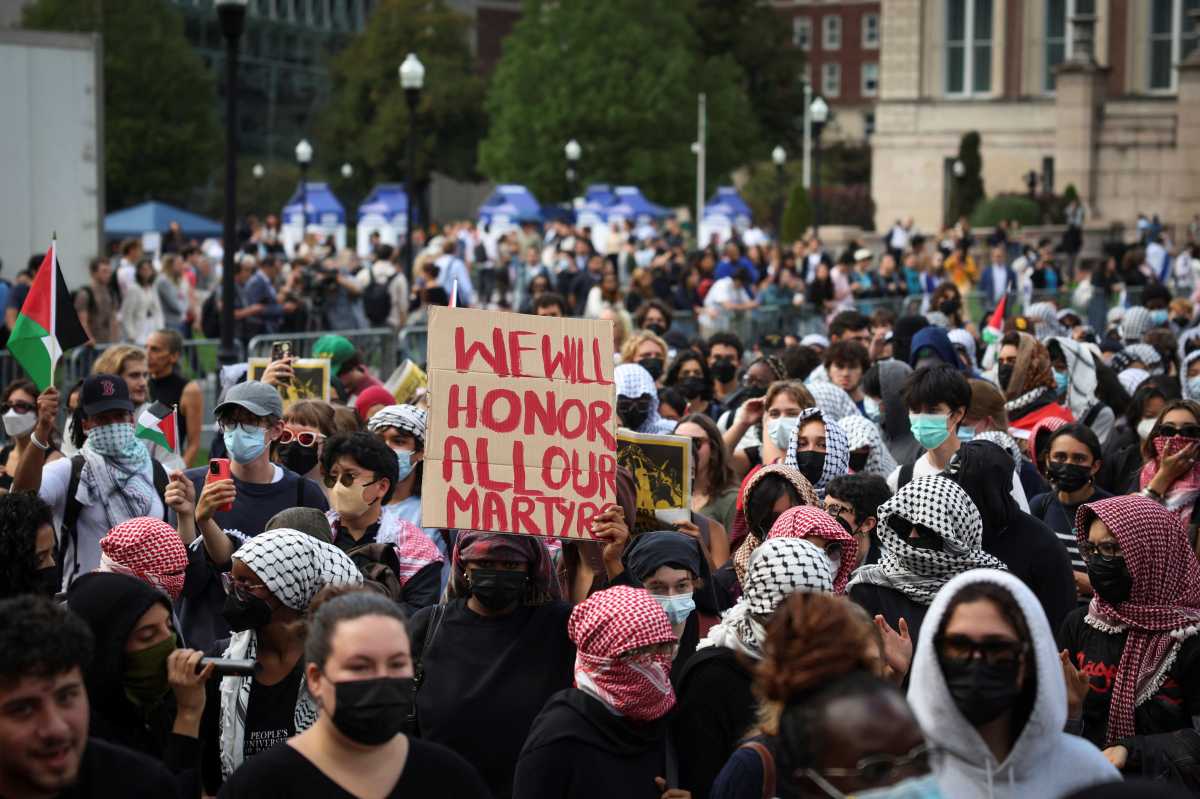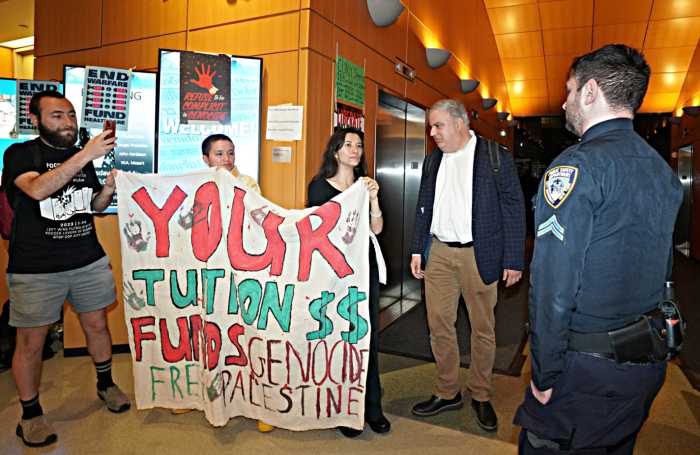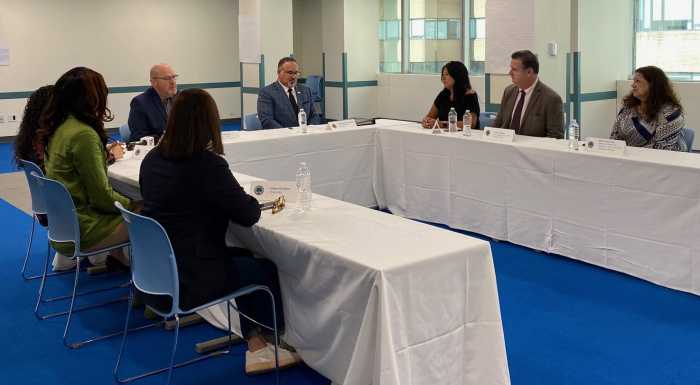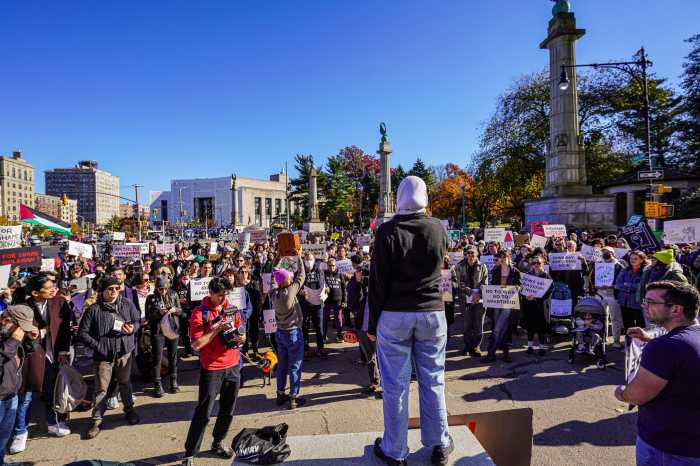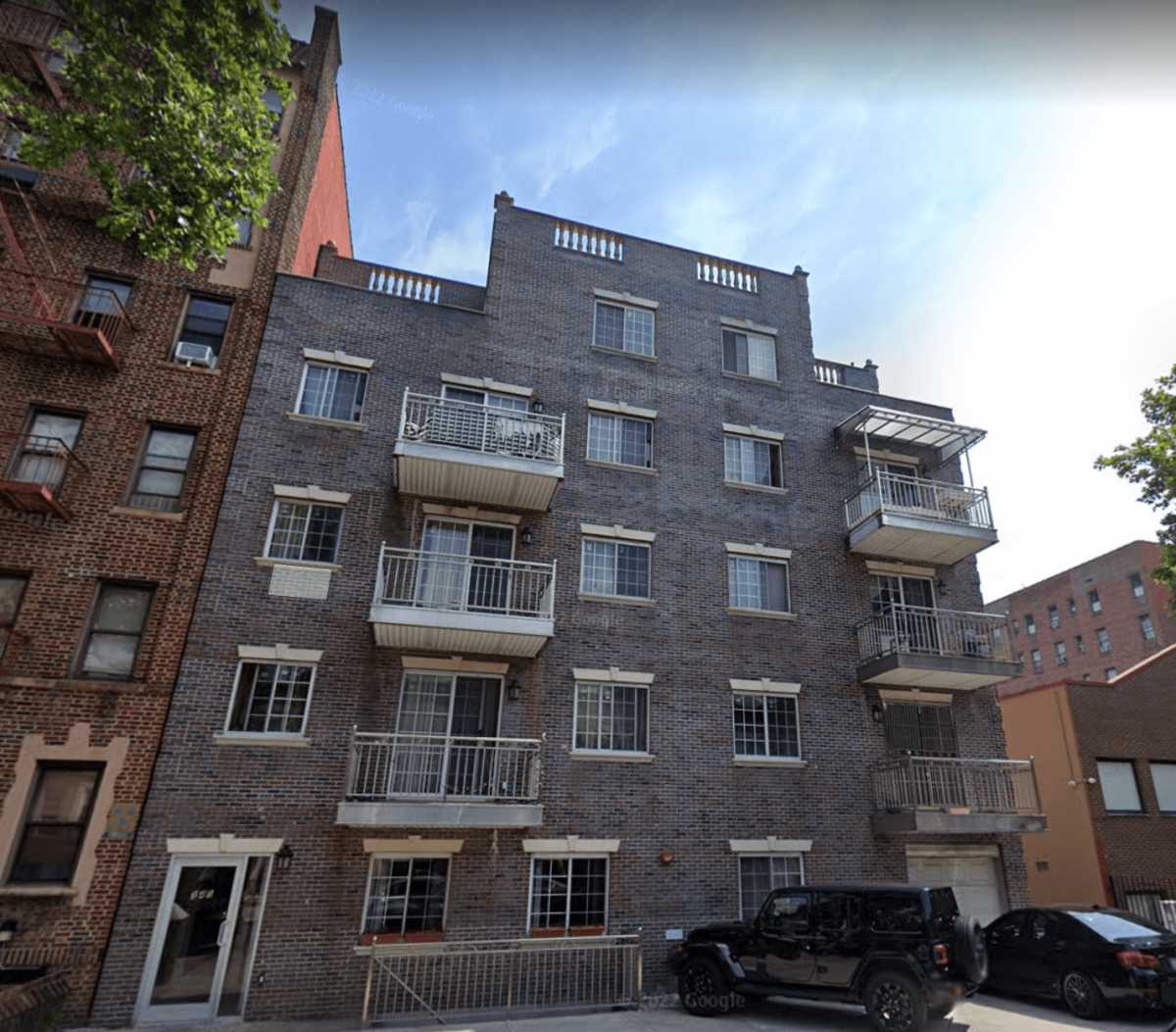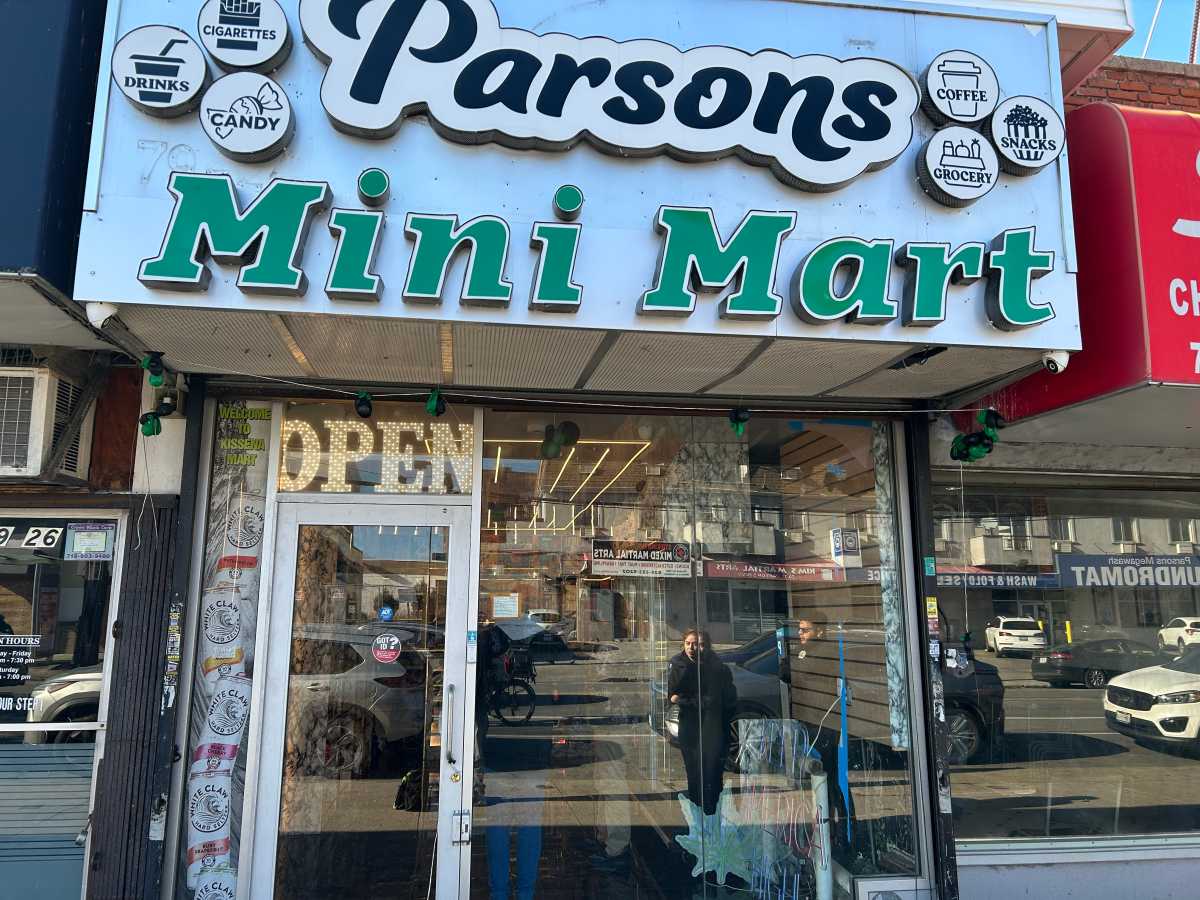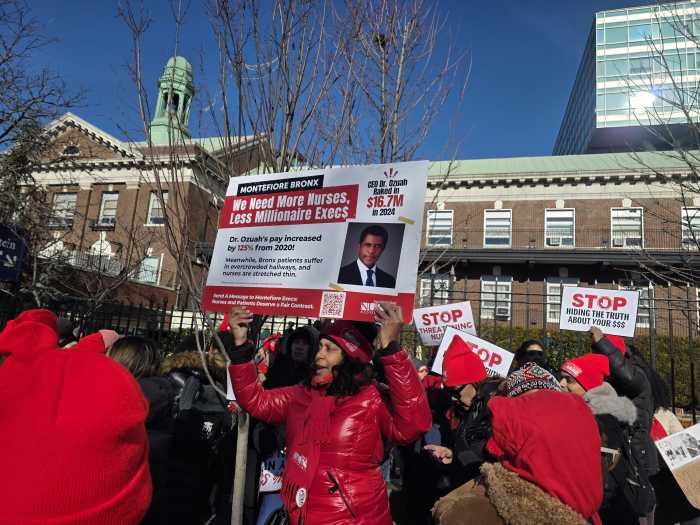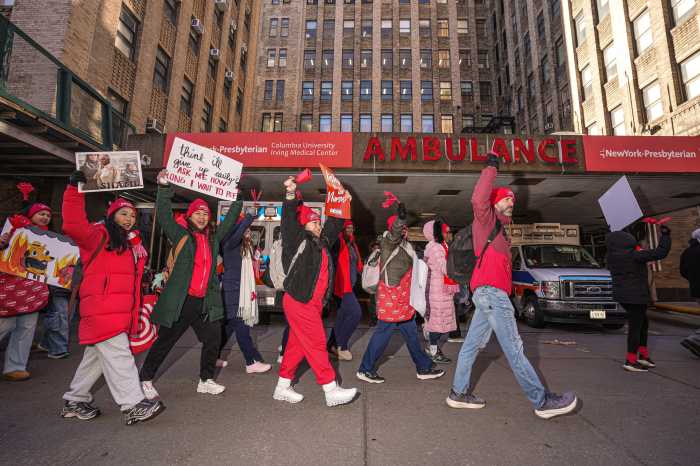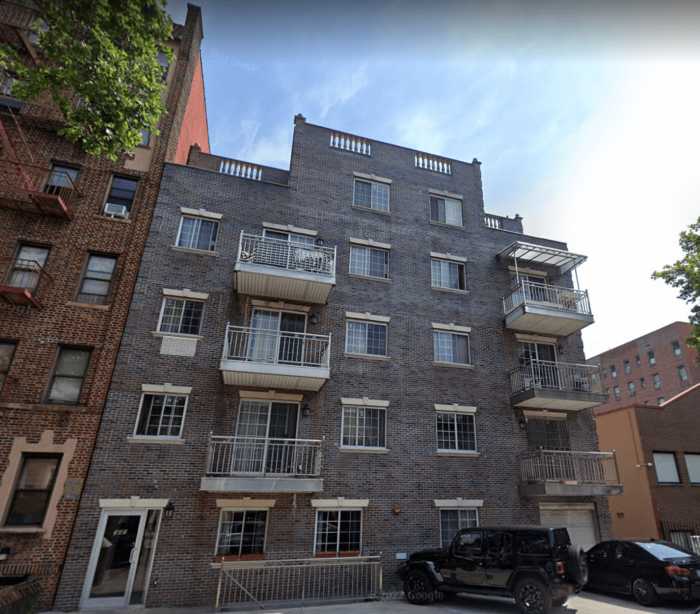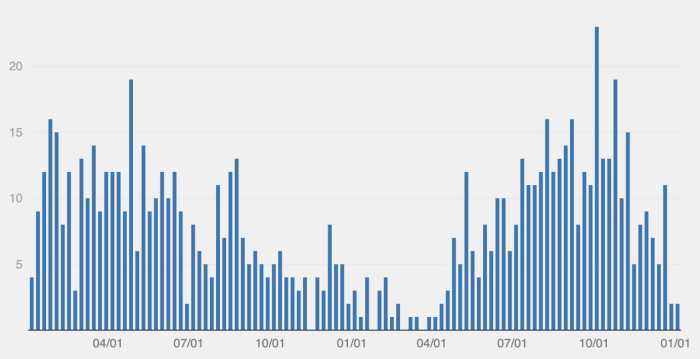Jewish people in America are experiencing a modern-day civil rights problem across college campuses, executive producer Leonard Gold said and spotlights in his new documentary film about antisemitism at higher education institutions.
“Blind Spot” is a feature-length chronicle that documents antisemitism on American college campuses that Gold explained existed before the start of the Israel – Hamas war on Oct. 7, 2023–and continues today.
“‘Blind Spot'” offers an in-depth look at a national problem that has been building for years,” Gold said.
The film will premiere next month at The Museum of Jewish Heritage – A Living Memorial to the Holocaust in Lower Manhattan.
Dozens of students appear in the film, sharing their stories and experiences with antisemitism at schools across the country. Dramatic footage of this year’s violent protests at NYC schools, most infamously Columbia University, is also shown in the documentary, which was directed by Seth Kramer, Daniel Miller and Jeremy Newberger of Ironbound Films.
The film also features interviews with lawyers, faculty, campus Chabad and Hillel directors and other Jewish community leaders, college administrators, and journalists and authors. New York politicians including U.S. Rep. Ritchie Torres, appear in the film.
All of them discuss their opinions and ideas for ending the ongoing hate and violence that has disrupted so many lives throughout the city and across the nation. Gold said it was important to him to produce a film like this because he saw and experienced antisemitism as a father of a private school student in Manhattan 15 years ago.
“Over time, I came to learn how widespread the problem was, both in kindergarten through 12 and at the college level across America,” Gold said. “And I set out to do something about it in the hope that I could prevent other families from having to endure the trauma and pain that our family did, and in the hope that this problem could be eliminated once and for all.”
Crime statistics show incidents of hate including antisemitism have increased around NYC since the start of the war, the day Hamas terrorists brutally attacked Israel last year, killing 1,200 people and taking more than 200 others hostage. The massacre led to a war that continues to rage, reportedly killing more than 40,000 people, most of them Palestinians, in the region.
Remnants of the war spilled all over the world, including America. New Yorkers saw first-hand, on the streets, on TV and digitally how widespread the problem of hate and violence has become in the city, especially at colleges, including Columbia and City University of New York (CUNY) campuses.
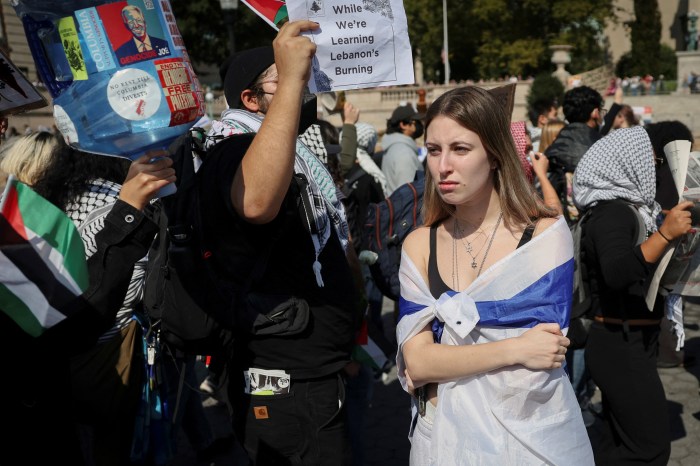
“Blind Spot” shows how campus protests broke out throughout the year, some peaceful and some violent, resulting in law enforcement involvement.
“Even though we set out to make the film long before Oct. 7 because we knew that campus antisemitism was already at an alarmingly high level, it became exponentially worse after Oct.7, to the point that it often turned violent, resulting in physical injuries to Jewish students, as well as the intervention of local law enforcement in many cases,” Gold said.
“Blind Spot” spotlights all of this and more. It also tells the stories of Jewish students going about their daily lives at school “despite all the hatred, discrimination and indifference that they are experiencing,” Gold said.
Footage of protests includes a post-Oct. 7 rally which the crew filmed at CUNY’s Brooklyn College, as well as footage of encampments and violent protests at Columbia University.
amNew York Metro reached out to both CUNY and Columbia University for their comments on the film but did not immediately hear back.
Viewers will also see political protest footage from other schools across the country, including Tulane University, New Orleans, and the University of California, Berkley.
Raymell Green, a Tulane University student, is interviewed in the film. He discusses his thoughts on the protests and his experience visiting the Middle East.
“Americans keep continuously assuming that we know what’s best, we know who’s right when it comes to the conflict between Israel and Palestine,” he said. “I went, and I still don’t know everything there is to know.”
As for Gold, his goal for the film has always been to “reach, educate and inspire” as many people as possible.
“It has been even more so since Oct. 7,” he said. ” We worked hard to produce a film that honestly, thoroughly and fairly presents a serious modern-day American civil rights problem, to have its victims discuss it in their own words and voices, and to show what can be done about it. Jewish students and their families need to know what they might encounter in college and be prepared to deal with it. We offer all the knowledge and tools necessary to accomplish that.”
He added that he would have liked someone to have done that for his generation, but said not enough people understood how serious antisemitism at schools was at that time.
“Non-Jews also need to understand this problem, because it is an American problem, not just a Jewish one,” he said.
“Blind Spot” will premiere at The Museum of Jewish Heritage – A Living Memorial to the Holocaust, 36 Battery Place, on Nov. 24 at 1:30 p.m. Tickets are free and can be reserved on the website.
Read More: https://www.amny.com/news/
